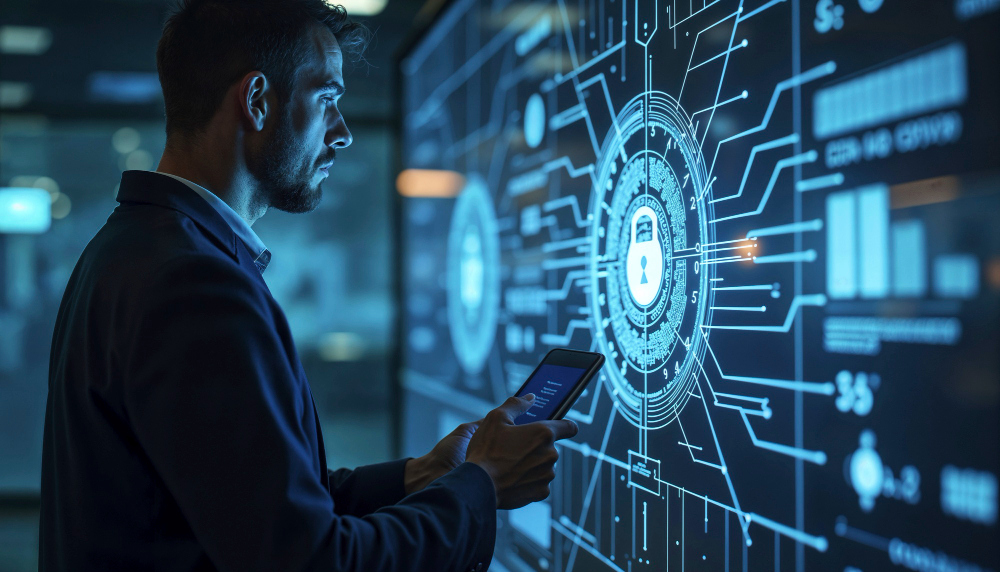Why This Matters Now
In the digital age, cybercrimes are increasingly complex and can
have devastating effects on individuals, organizations, and
governments. Digital forensics plays a crucial role in uncovering
evidence of cybercrimes, helping law enforcement and organizations
recover, investigate, and prosecute cyber-related offenses.
What Is Digital Forensics?
Digital forensics is the process of collecting, analyzing, and
preserving digital evidence from electronic devices, such as
computers, smartphones, and servers. It helps to trace the origins
and impact of cybercrimes, uncovering key evidence to support
investigations, litigation, and compliance.
Our Step-by-Step Approach
-
Incident Identification - Detect and assess potential incidents
of cybercrime.
-
Evidence Collection - Secure and preserve digital evidence from
various devices.
-
Data Recovery - Extract and recover data from damaged or
encrypted devices.
-
Forensic Analysis - Examine digital data to uncover relevant
information and trace the cybercrime activities.
-
Reporting - Provide a detailed forensic report with findings and
insights to aid investigations.
-
Expert Testimony - Provide professional testimony in legal
proceedings related to digital evidence.
Key Benefits
- Uncover crucial evidence in cybercrime investigations
- Recover lost or damaged digital data
-
Ensure compliance with regulatory requirements for digital
evidence handling
-
Strengthen legal cases by providing reliable forensic reports
and expert testimony
-
Enhance organizational security by identifying vulnerabilities
and cybercrime patterns
"Digital forensics isn't just about finding evidence; it’s about
ensuring justice in the digital world."
— Brian Carrier, Digital Forensics Expert
